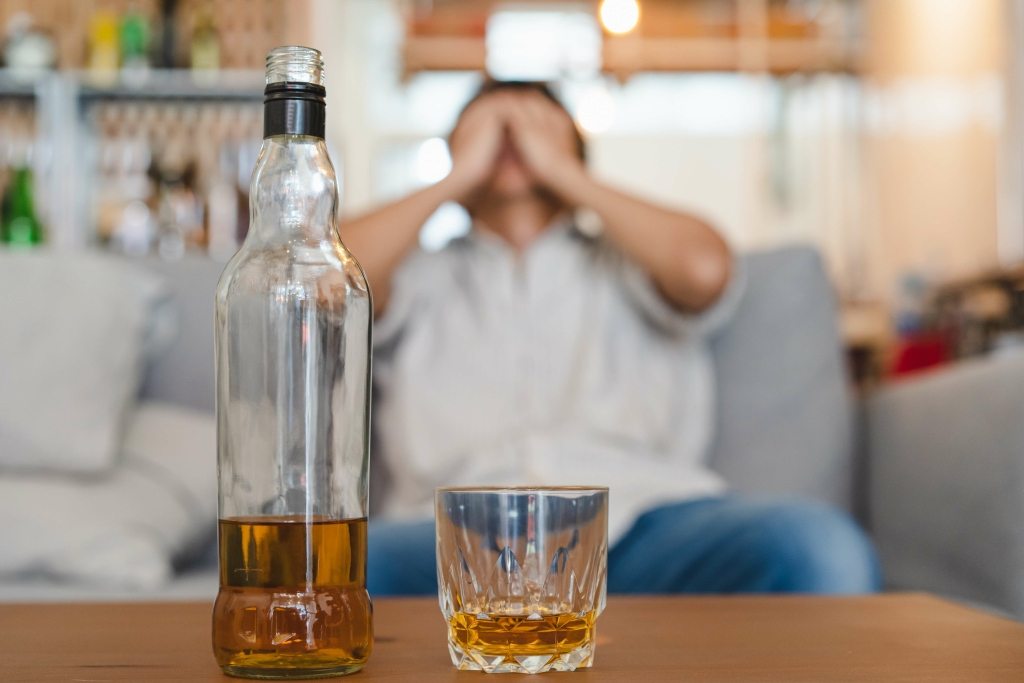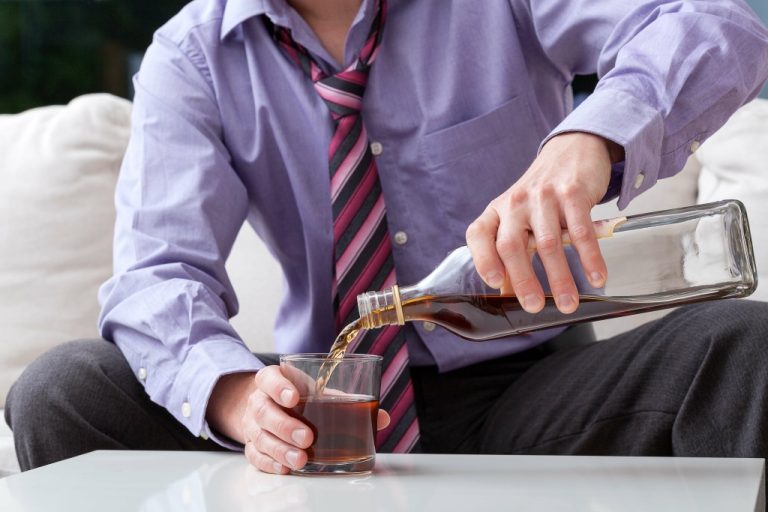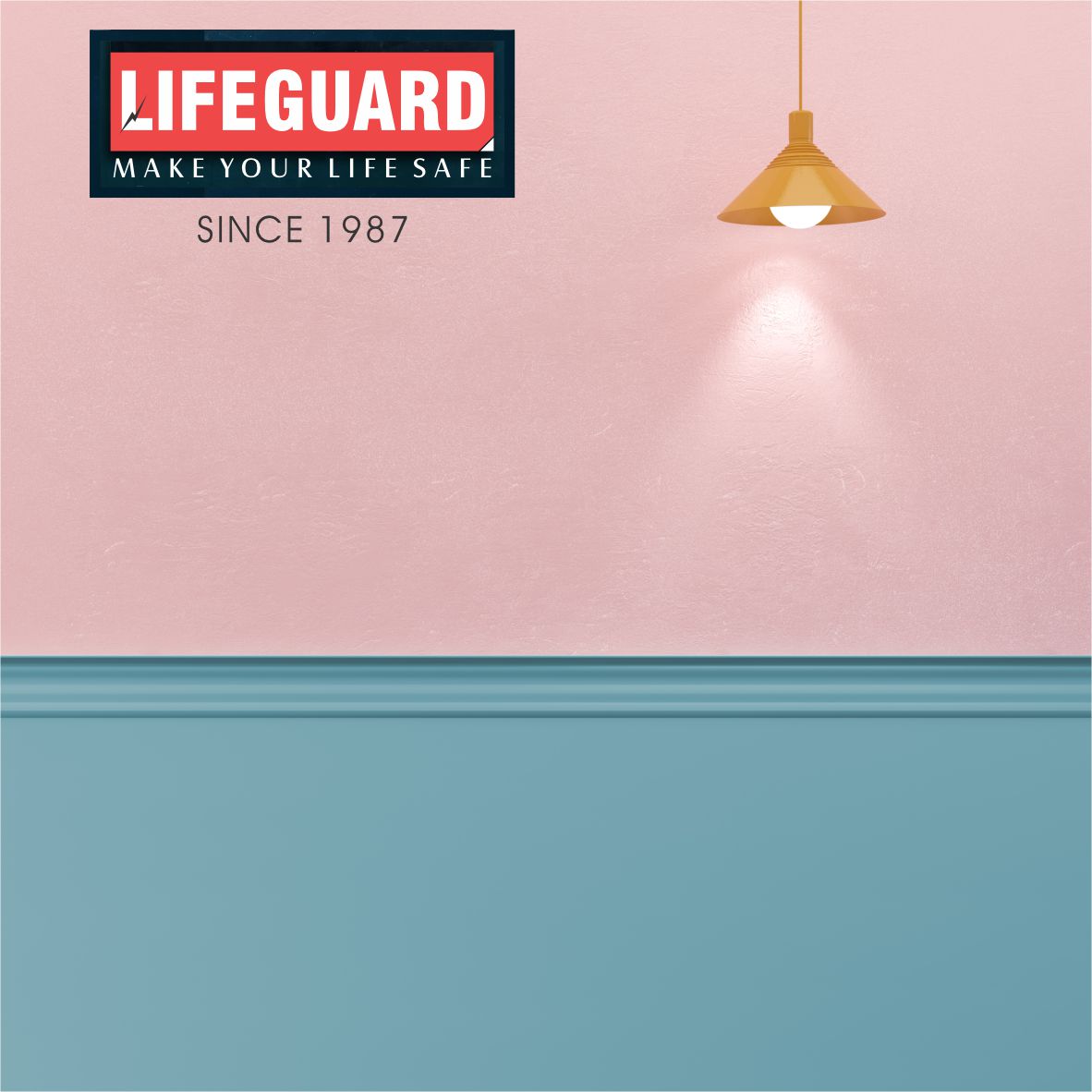In this article, we will explore the potential dangers of drinking alcohol as it relates to depression, as well as potential treatments that can help alleviate the symptoms of depression. Heavy alcohol consumption disrupts brain chemistry by altering levels of neurotransmitters like serotonin and dopamine, which regulate mood. Over time, this imbalance can lead to or worsen depressive symptoms.
How to Prevent a Hangover? Before & After Drinking
Dove Recovery in Columbus, OH, is a great resource with a variety of treatment options. Alcohol impairs judgment and decision-making due to its inebriating effects. Anytime you are under the influence of alcohol and you need to manage a stressful situation, marijuana addiction you are likely to feel more anxious and/or depressed.
Long-Term Impacts on Mental Health
- The rebound effect and disruption of sleep can significantly impact mood.
- For some, it creeps up slowly; for others, it hits fast after heavy drinking.
- If you consume too much alcohol, it can depress your CNS to the point of death.
Depending on your situation, it may be wise to locate and be in touch with a treatment center in case one is needed immediately. Support groups like Adult Children of Alcoholics and Al-Anon can also be helpful, Fehling says. For most moderate or severe AUD drinkers, however, clinical intervention — including detox and the use of medication — may be the only way to a cure, Fehling notes. Drinking alcohol excessively can also get in the way of other activities, your relationships, and your self-esteem, which can further affect your mental health. Informed by her personal journey to recovery and support of loved ones in sobriety, Jessica’s empathetic and authentic approach resonates deeply with the Addiction Help community.
Treatment is Available
By altering neurotransmitter function, alcohol-induced inflammation creates a neurochemical environment that fosters depressive disorders. Economically, heavy drinking frequently results in job loss, creating a vicious cycle of financial stress and mental health decline. Chronic alcohol use impairs cognitive function, reduces productivity, and increases absenteeism, making it difficult to maintain employment.
- A glass of water and a light snack can help you avoid a bad hangover.
- At LifeQuality TMS we want to give you back your quality of life and unshackle you from the constant burden of your depression.
- People may turn to alcohol as a way to cope with mood problems, but drinking alcohol can also contribute to symptoms of depression.
- Drinking makes depression worse because you are less likely to feed yourself the nutritious foods your body requires.
MAT may involve using medications like antidepressants to treat depression and medications like naltrexone to reduce alcohol cravings. It’s essential to monitor and adjust these medications carefully, as some antidepressants can have interactions with alcohol or other substances. When a person uses alcohol to cope with depression, they risk developing an alcohol use disorder alongside their depression. This leads to decreased pleasure in everyday activities and increased depressive symptoms when not drinking.

By treating both conditions together, dual diagnosis care offers the best chance for long-term recovery and emotional stability. This integrated approach tailors treatment to does alcohol make depression worse your unique needs, supporting whole-person healing. Alcohol abuse and depression share a complex and often intertwined relationship.
There are several factors that can make depression worse, so it can be important to know how to manage them and when to seek help. A person with depression already has a problem with malfunctioning neurotransmitters. Adding alcohol only intensifies the brain’s inability to boost your mood. Alcohol intoxication occurs in stages, tricking you in the first stage by making you feel confident, relaxed, happy, and friendly. When you first consume alcohol, it takes about five minutes to enter your bloodstream and the brain and start feeling its effects. In the first stage, alcohol triggers a dopamine release in the brain’s reward center, making you feel good.
A good first step is to keep a record of how much alcohol you drink and of when you don’t drink throughout the week. Alcohol can make you more likely to be depressed, and being depressed can make you more likely to drink alcohol. People who have problems with alcohol are also more likely to self-harm and commit suicide.

Alcohol and depression can contribute to symptoms in even indirect ways. Drinking alcohol is known to trigger dopamine release and activate the reward system in a person’s brain. The depressed study participants who were considered heavy drinkers exhibited even worse outcomes from depression treatment. Furthermore, mild to moderate amounts of alcohol has appeared to worsen depression. The study indicated that the depressed patients who drank low amounts of alcohol such as less than 1 oz per day ended up experiencing even worse outcomes from pharmacological treatments. Heavy and long-term drinking can put significant strain on the body, leading to an increase in the stress hormone cortisol.
Next PostThe Most Common Symptoms of Opioid Withdrawal
In a population study, Wang and Patten (2001) found that depressed women were at greater risk than nondepressed women of becoming frequent heavy drinkers. Similarly, Crum, Brown, Liang, and Eaton (2001) demonstrated that depressed female problem drinkers were twice as likely to become daily drinkers compared with nondepressed female problem drinkers. Depressed male problem drinkers were three times as likely to become daily drinkers compared with their cohort of nondepressed problem drinkers (Crum et al., 2001).
Lifestyle Quizzes
Taking the first step can be difficult, but it’s the most important step toward a brighter and healthier future. Have you ever experienced a night of poor sleep where you were tossing and turning, experiencing bizarre dreams, and woke up with your heart racing? Troubled sleep can relate to the actual changes in an individual’s brain chemistry that is related to alcohol use.
Excessive drinking has numerous impacts on your body and mind, ranging from mild to severe. Learn which signs to look out for, and how to care for your well-being. This social withdrawal removes critical support networks that protect against worsening depression. The impact on sleep architecture creates a feedback loop where poor rest deepens depressive symptoms further. These feelings of depression often ease as you recover, but frequent hangovers can keep you stuck in a low mood. As a consequence, it empowers people to overcome substance use and reclaim a healthier, more meaningful life.



